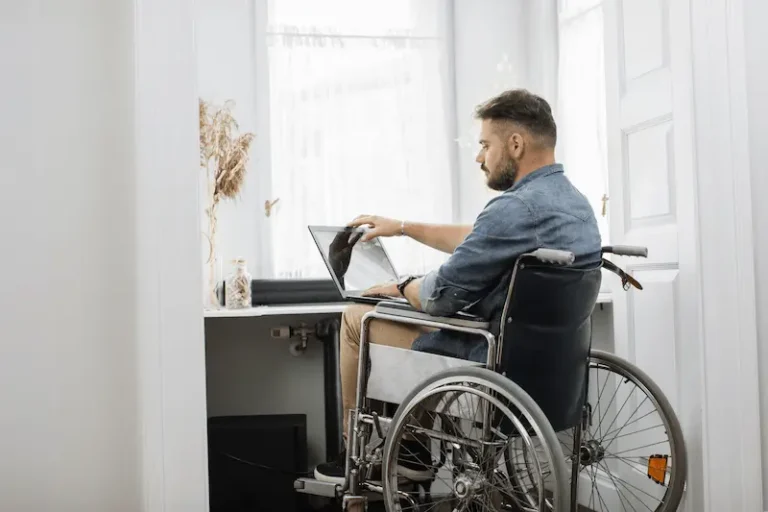
How Long Are You Entitled to TTD Benefits in Norcross, GA Work Injuries?
Understanding TTD Benefits After a Work Injury If you’ve been hurt on the job in Norcross, GA, one of the first questions you probably have is, “How will I support

Understanding TTD Benefits After a Work Injury If you’ve been hurt on the job in Norcross, GA, one of the first questions you probably have is, “How will I support
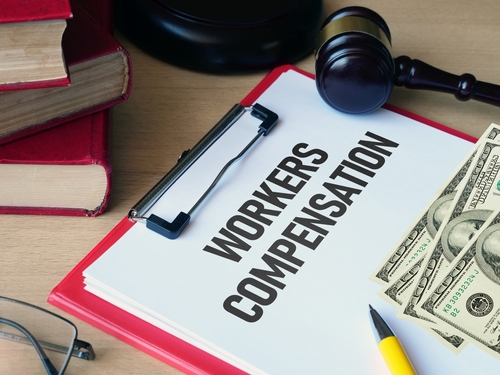
UPS Package Handlers, Do You Know Your Rights? UPS package handlers in Georgia know that their jobs come with physical demands. Lifting heavy packages, working in fast-paced environments, and handling
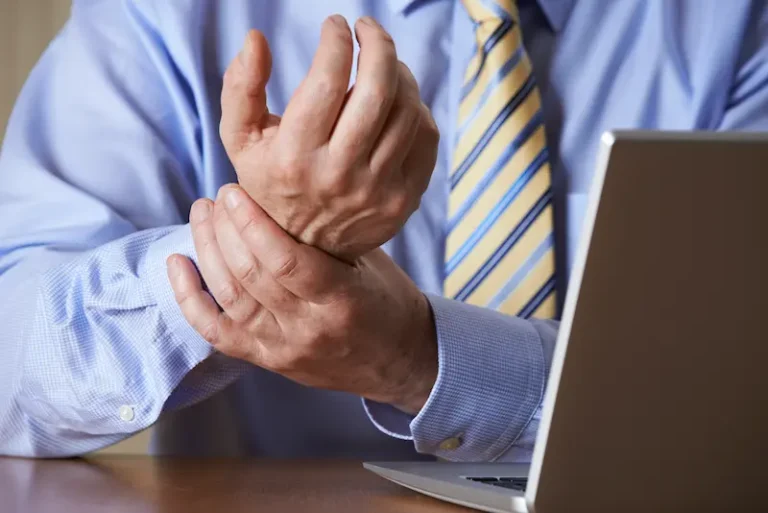
When Everyday Work Turns Into Lasting Pain When it comes to your line of work, do you find yourself doing a lot of the same physical actions every day? Maybe

Workers’ Compensation for Delivery Drivers in GA Across Georgia, the rise of delivery drivers—from Amazon package handlers and UPS couriers to gig-economy workers for DoorDash, Uber Eats, Instacart, and Grubhub—has
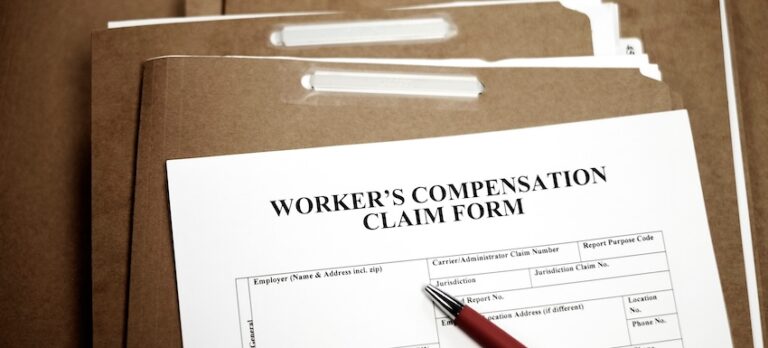
A Simple Mistake Can Cost You Thousands Filing for workers’ comp might seem straightforward — report the injury, get medical care, and wait for benefits to begin. In reality, though,

The Truth About Legal Fees for Injured Workers in Cumming Let’s say that you’re part of a roofing crew, and you accidentally injure your shoulder while on a jobsite. Would
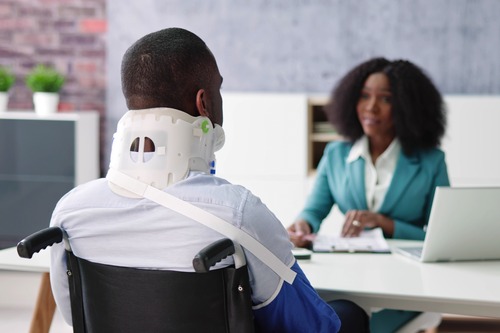
What Happens When You Don’t Know Your Rights? “Mark” had worked at a distribution warehouse in Cumming for almost seven years. He was known as dependable and hardworking, the kind
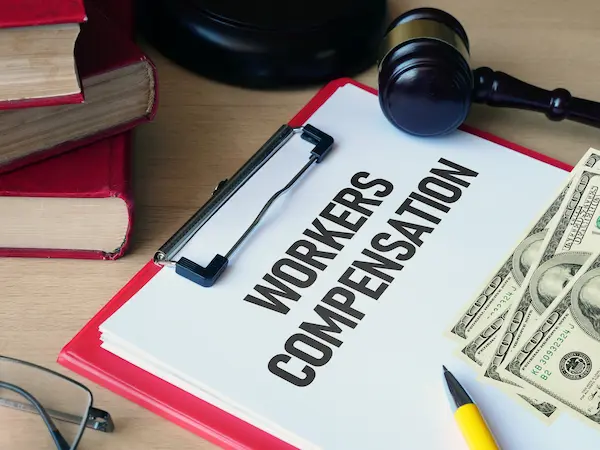
Injured at Work? You Deserve Answers and Protection Imagine this scenario: One moment, you’re doing your job — maybe lifting a box, climbing a piece of scaffolding, or operating heavy
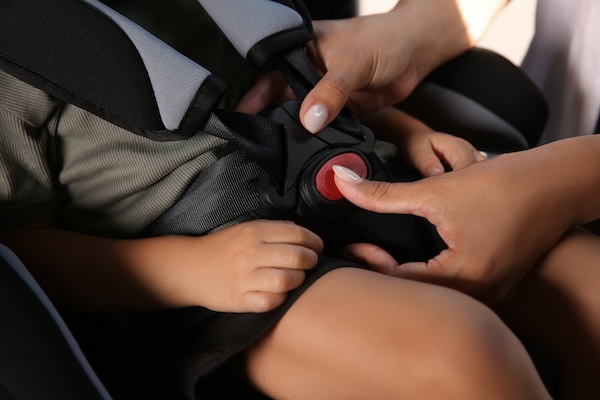
When your child suffers a child car accident injury, the aftermath can be both emotionally devastating and legally complex. As a parent, your top priority is ensuring your child’s recovery,
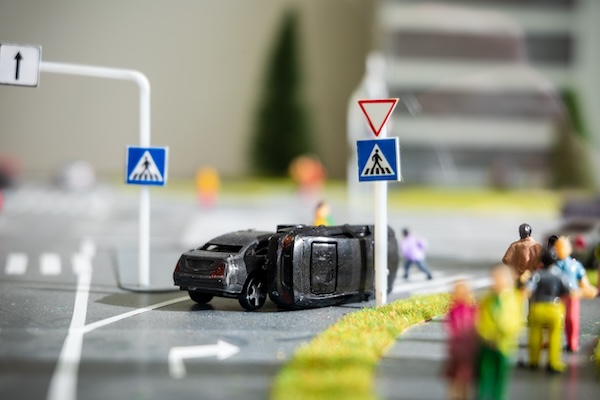
Intersection accidents can be life-changing events. When two or more roads converge, the potential for a collision increases—especially when drivers ignore traffic signals or fail to yield the right-of-way. Whether

Being involved in a delivery truck accident or any other commercial vehicle accident can instantly turn your life upside down. From medical expenses and lost wages to property damage and

Coping with the Aftermath of a Distracted Driving Accident If you’ve recently been injured in a car accident caused by a distracted driver in Georgia, you may be overwhelmed with
